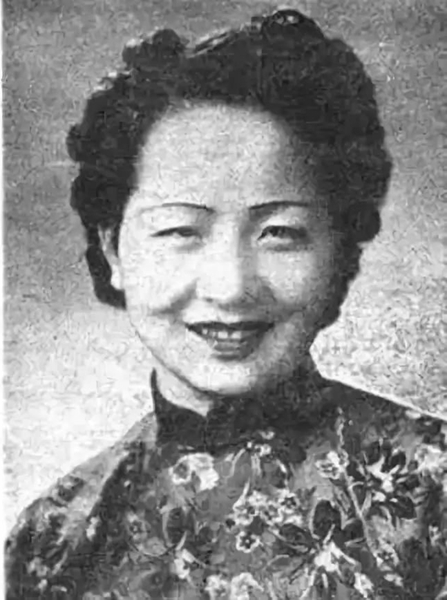The Chinese 'Schindler'


For the book, Xu carried out research in China, exploring Yixing and touring Taiwan and, finally, visiting Belgium. He interviewed many people and got firsthand information about Qian, including from a man named Morris, the only living survivor among the people that Qian helped rescue. He watched a touching documentary film made by Qian's granddaughter, Tatiana de Perlinghi, entitled Ma grand-mere, une heroine (My grandma, a heroine), which provided some additional information about Qian.
"These materials have not been disclosed before. It was the first time that they were published," says Xu.
What impressed Xu most was that a copy of the newspaper that first reported Qian's rescue of the prisoners in 1946 has pride of place in a museum in Ecaussinnes. There are only two such copies of that edition in the world, and the museum curator gave one of them to Xu.
Talking about Qian, Xu considers her as "a woman with both Western and Chinese beauty". "Different from other heroines in literature, who are strong and fearless, Qian was both soft and tender, and also firm and persistent. She's a little woman and a good wife, but she's also brave enough to stand up to save others," says Xu.
Xu changed the book's title several times until finally settling on Forget Me.
"As I learned more about Qian and got closer to her, I felt that she was telling everyone, 'forget me'. But what I want to say is the opposite: That the world should remember her," says Xu.





































